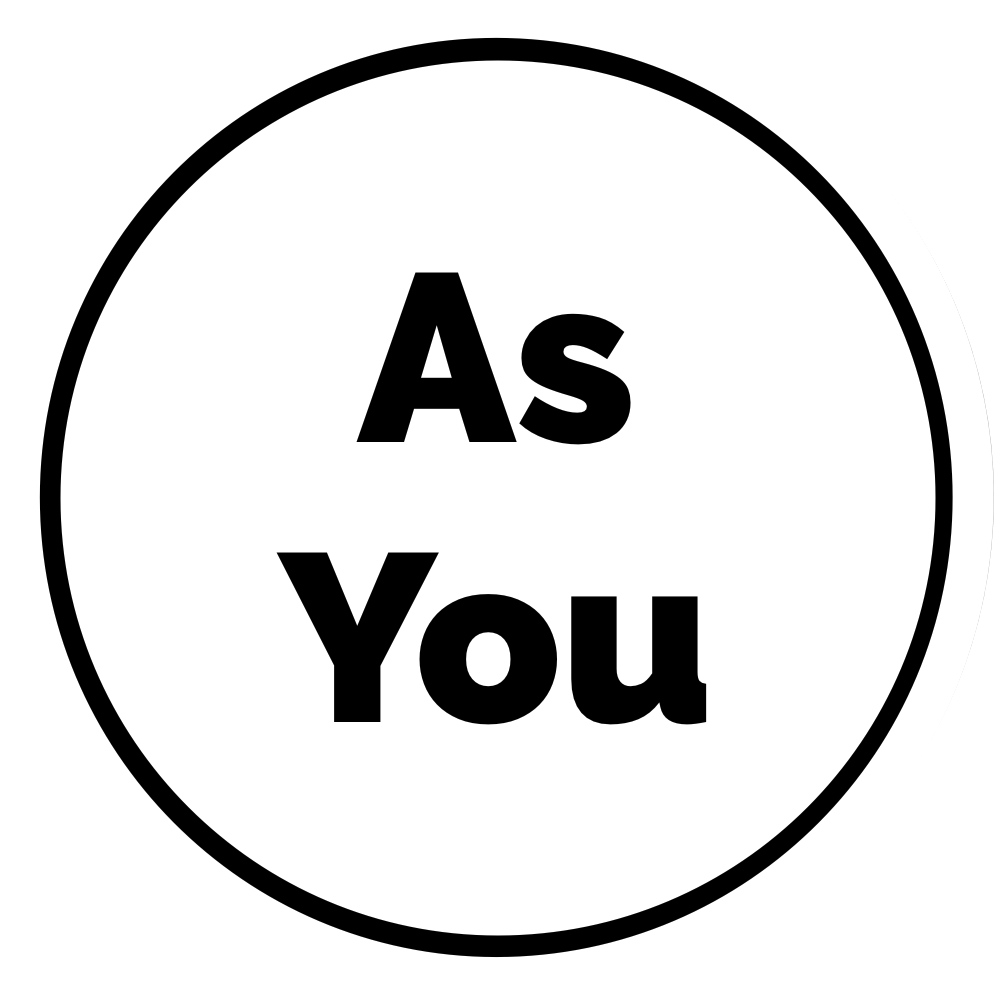#EmbraceEquity - What it is not and What it is
Very seldomly do I put words to describe my experiences of racism, sexism, ageism or a combination of all three. However, given the 2023 International Women’s Day theme is #EmbraceEquity, I think it is important to point to concrete examples of what it is not to get to what it is.
Recently, I had a conversation with a governance professor/teacher/influencer about inviting him to the graduation and celebration of my Women of Colour Leadership programme Accentuated. The first thing he said to me was: "I am not comfortable with the term women of colour because it divides people as I am a person of colour too, just white." I was pretty shocked at this point. Furthermore, he went on to lecture me for the rest of the conversation on what is diversity, which in his mind equals cognitive diversity. I will have to write about cognitive diversity another day because this concept on the surface might seem logical, reasonable even ideological. However, it can potentially hinder our progress towards equity.
During our conversation, I felt small, invalidated, disempowered and wrong. At no point I felt heard and I certainly didn’t have much of a chance to speak or disagree as he spoke for more than 90% of the time. I simply froze in shock. It was not until sometime after the conversation that I could process what exactly happened.
What happened was the person spoke from a position of privilege. He is an authority in governance and was delivering what he thought was a much-needed lesson on diversity for me. Although he wanted to find out more about this women of colour leadership programme, which was the reason for our conversation, he didn’t allow space for me to speak. When he talked about diversity, it showed that he might not understand the difference between equity and equality and that he didn’t know how to be an ally. All in all, I could sense that he felt threatened and unseen.
I messaged him after my reflections to say he spoke from a position of privilege and it would be very valuable for him to hear women of colour’s stories at the Accentuated graduation. What I really wanted to say was now you know what it feels like to be unseen, imagine if this had been a constant in your life and instances of racism and sexism happen to you every day. I decided to hold my tongue because this battle requires allyship and hurt only creates more hurt.
Another example is when I was interviewing for a board internship in the Tauranga City Council's inaugural Aspiring Directors programme. This was a board internship programme aimed at diverse candidates, so I thought I would point out in my application all of my intersectionalities - small, young, Chinese, immigrant, woman, woman of colour, woman who works in IT and from a non-IT background - and the unique perspectives that they bring.
One interviewer's first question was: " Given you are a minority in many spheres, how do you gain respect around the boardroom table?". I thought to myself what assumptions he would have made to raise such a question. Is it that given I am a minority, the default is I don't have the respect and therefore must work hard to gain it? Or is it that for everyone who is coming into the boardroom, they must gain others' respect and as a minority, I might face biases and board members might unfairly set a higher bar for me to gain that respect?
My answer to his question was: "Respect goes both ways. Given this is an aspiring directors programme aimed at diversity, then it is really important that the organisations provide the safety in the environment for the interns to express their opinions. And of course, to gain respect and build trust, I would listen." His feedback was he really liked the part of my answer when I said I would listen. This made me wonder did he agree that listening is a great way to gain respect as I am coming in as a minority and also as an intern, or did he imply that my role on the board is to listen and not to contribute.
You might be amazed by these examples. However, they are only the tip of the iceberg as these are people who are in positions of power and felt comfortable to share their views. I fear the impact of them continuing to share these views in boardrooms and beyond. I also fear how many people are like them out there.
So, what does #EmbraceEquity mean? It is knowing your privileges and the positions of power that you hold. It is learning the challenges that people who are not like you face. It is being able to empathise with and acknowledge the marginalised individuals’ and communities’ lived experiences. It is not feeling threatened when the focus has been taken off you and being able to see why you might be temporarily unseen. It is questioning the inequities and injustices that have long existed rather than finding reasons for their continual existence. #EmbraceEquity requires all of us to deliberately and constantly learn about ourselves and our perspectives as well as take actions.
Thanks to the friends and allies who have helped me to review this article!
